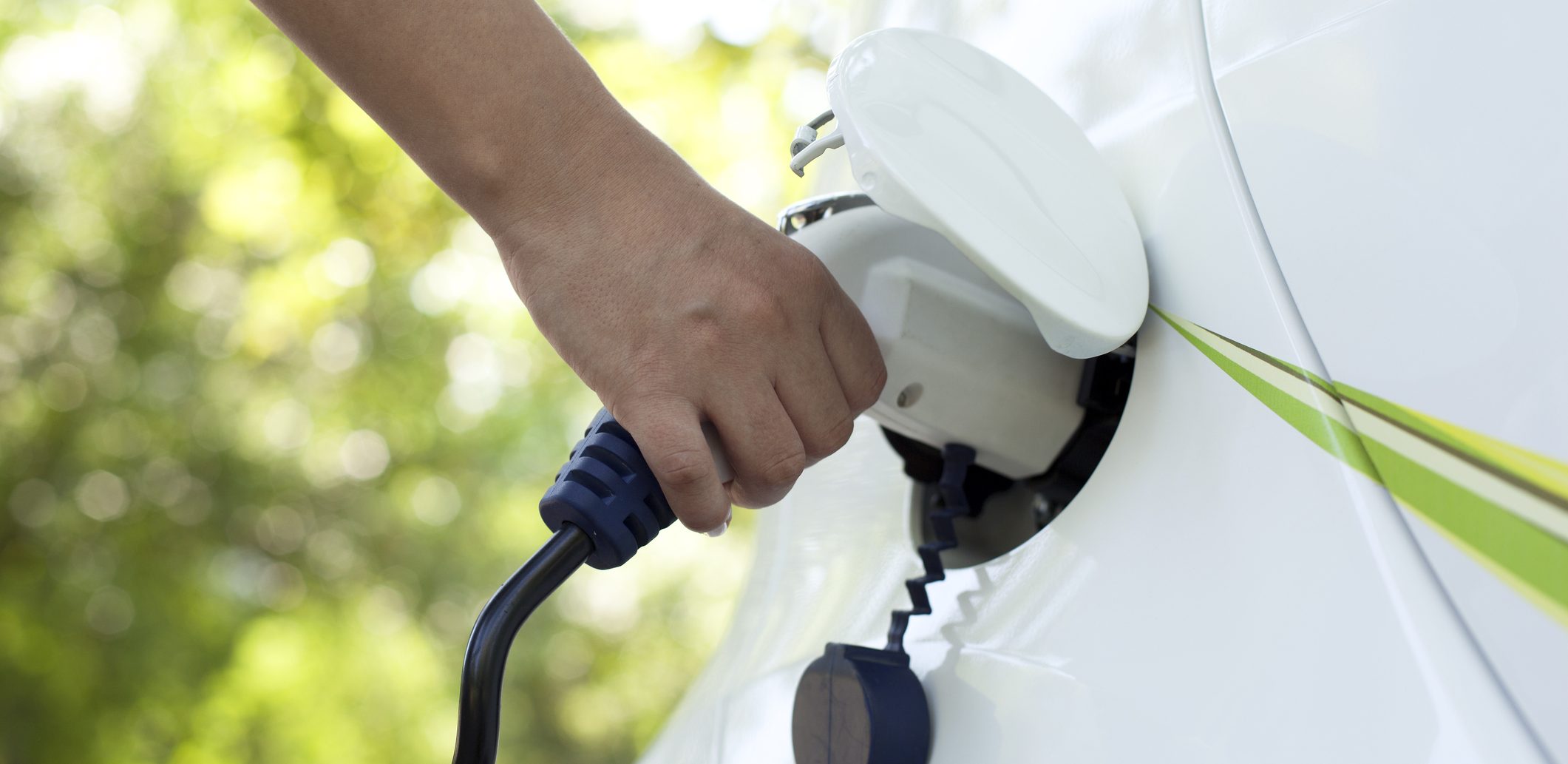‘Token funding’
Unite described a ÂŁ106m funding package for the research and development of zero-emission vehicles as â€chicken feed.’
The funding, announced by prime minister Theresa May at the Zero Emission Vehicle Summit today (September 11), is part of a package to help meet a target for UK roads to be free of petrol and diesel cars by 2050.
“I want to see Britain, once again, leading from the front and working with industries and countries around the world to spearhead change,” the prime minister told the Summit held in Birmingham.
“That is why I have set this country an ambitious mission: to put the UK at the forefront of the design and manufacturing of zero-emission vehicles and for all new cars and vans to be effectively zero-emission by 2040.”
May said the ÂŁ106m package will help fund research and development for battery and hydrogen technology. She will also hold round-table talks at the Summit on reaching zero-emissions targets as well as attracting more foreign investment into the UK.
The government likewise unveiled a new international initiative – dubbed the “Birmingham deceleration” – designed so that signatory countries collaborate on ways to speed up the production and deployment of green-powered vehicles and build the infrastructure required for zero-emissions cars.
So far signatories of the initiative include Italy, France, Denmark, the UAE, Portugal, Belarus and Indonesia.
But Unite assistant general secretary Tony Burke warned that May “is all for making big promises about electric vehicles ahead of party conference season.”
But if she’s going to put her money where her mouth is and maintain the automotive sector’s world beating position, then it’s going to take more than this chicken feed,” he said.
“This is token funding with the hope the market will do the rest,” Burke added. “The automotive sector and the hundreds of thousands of skilled jobs that rely on it desperately need a serious, long-term strategy for a just transition from combustion engines to electric vehicles. We are miles behind the US, Germany and China.”
Burke said the government must answer the big questions such as how it will help increase take up of electric vehicles, considering there are 40m cars on UK roads.
“If they were all electric vehicles how would they be powered if we’re not also investing in energy generation?”
“How will talent be retained and employment secured for the 78,000 workers across the automotive supply chain? How will government support the development of manufacturing capability, most importantly battery production, recycling and on the road replacements?”
“Any serious strategy needs to include a just transition from diesel and petrol combustion engines to electric,” Burke noted. “That means supporting re-skilling and upskilling for workers where needed, and developing new skills – but also ensuring that Euro6 compliant clean diesel remains part of the long-term transition for years to come.”
Burke’s comments came as he gave a speech at TUC conference today (September 11) on the importance of the government adopting a robust industrial strategy in which he highlighted the need for infrastructure investment, especially in electric vehicles.
His speech follows on from Unite assistant general secretary Gail Cartmail’s contribution at conference today (September 11), when she delivered an address on a just transition for energy workers.
“All of us need a green new deal,” she said. “An economy and industrial strategy that underpins this transformation, delivered by a progressive government that ensures the opportunities created by this challenge are seized to build a more equitable, sustainable and socially just world.”
 Like
Like Follow
Follow

